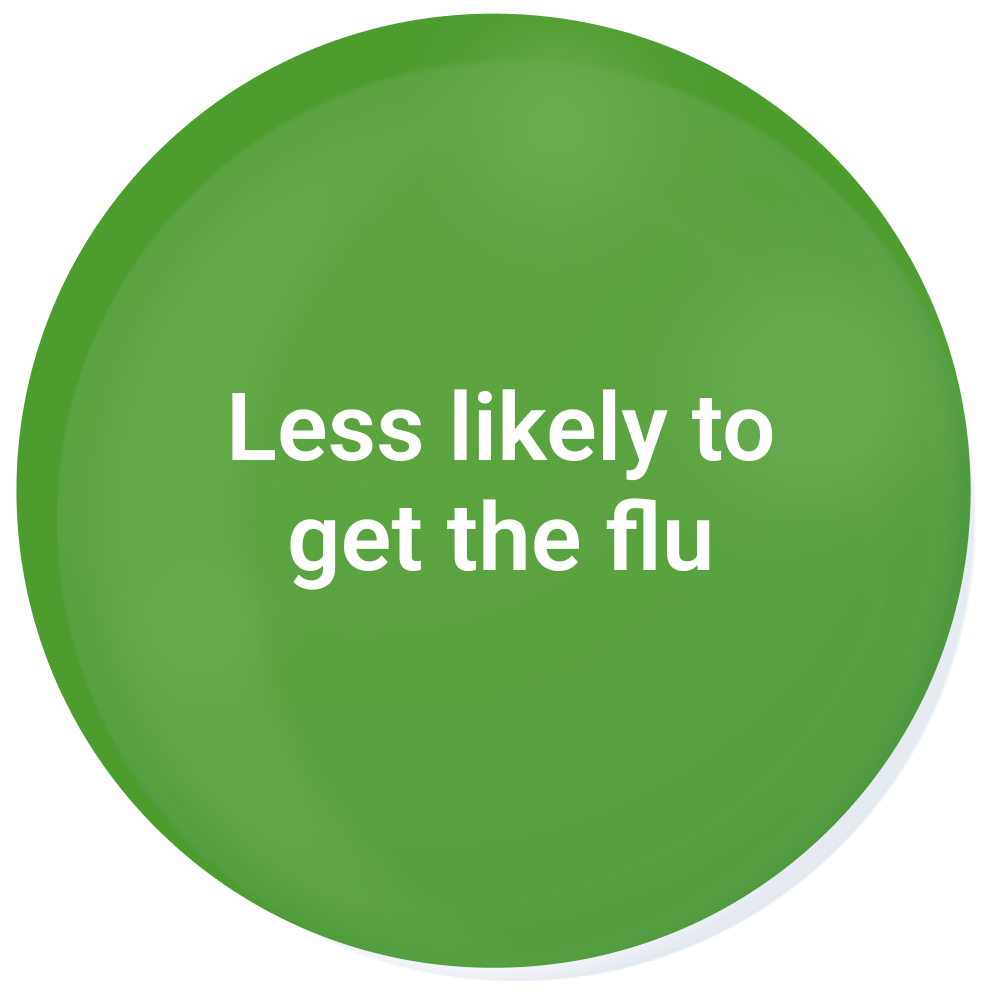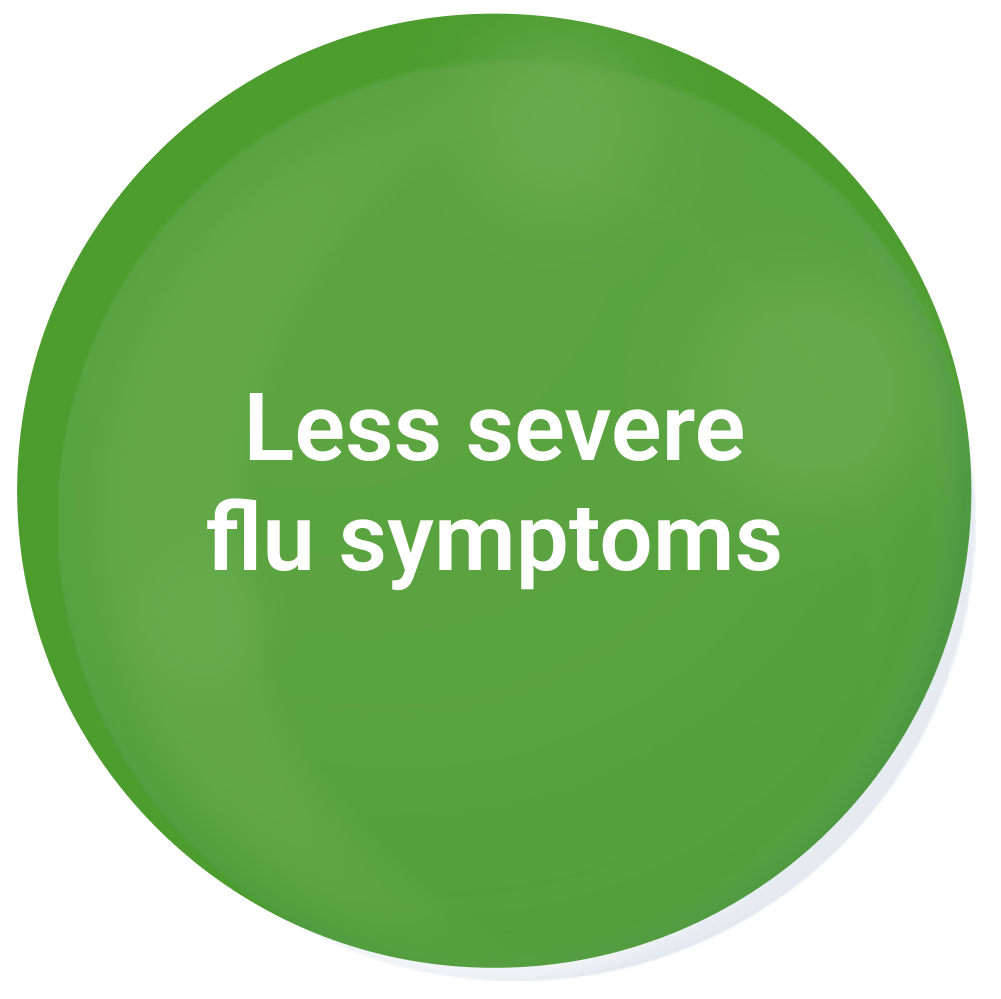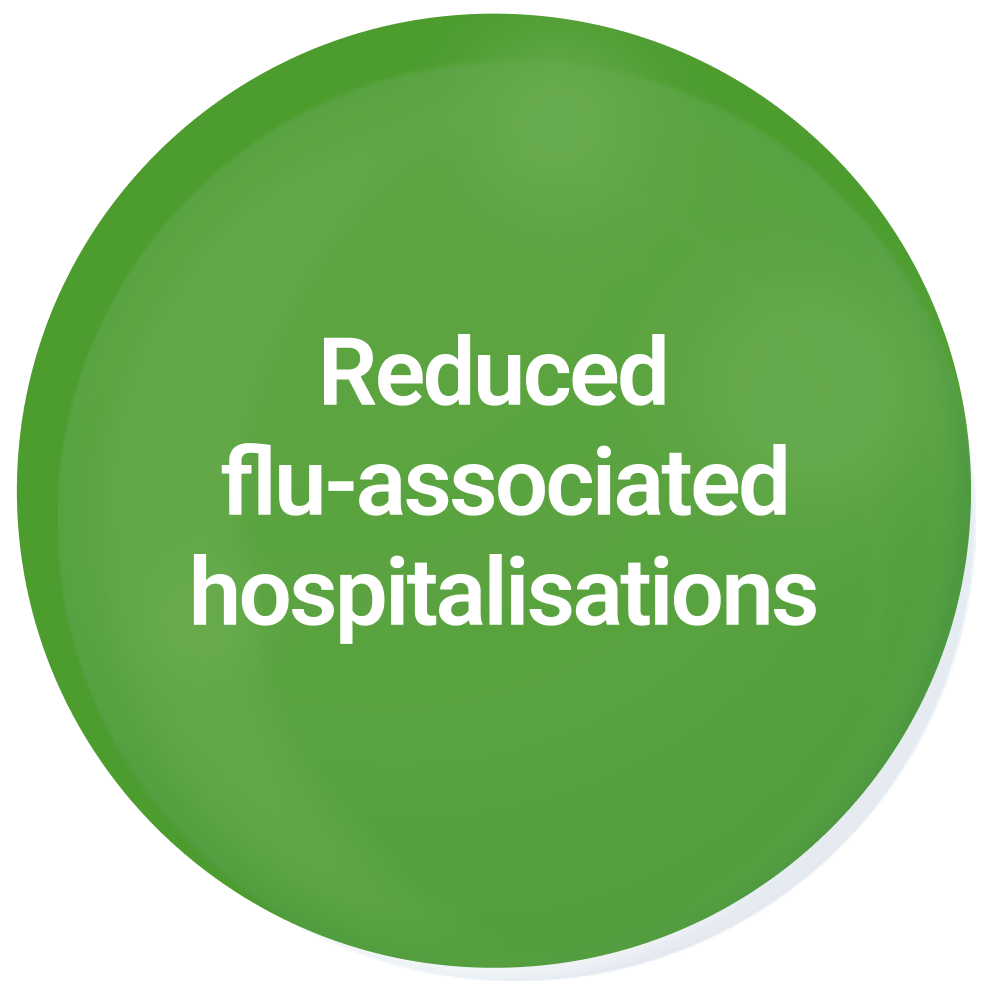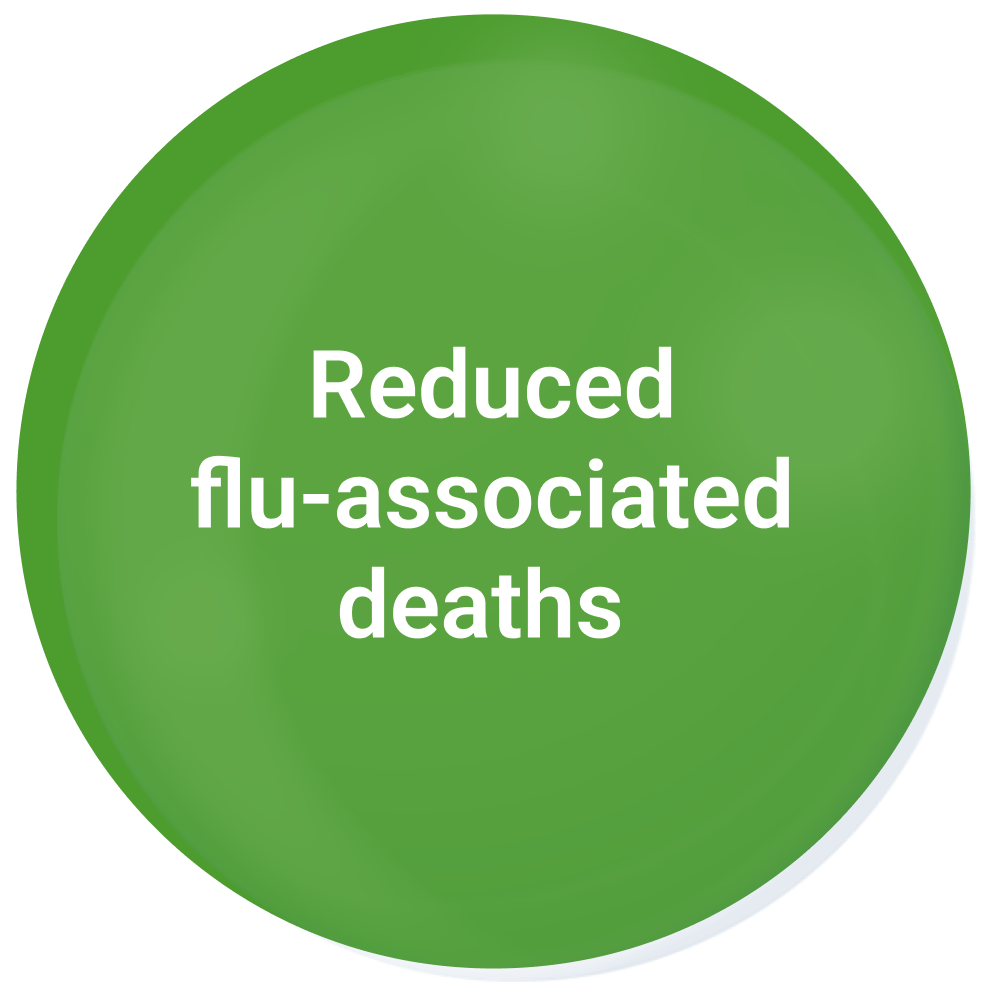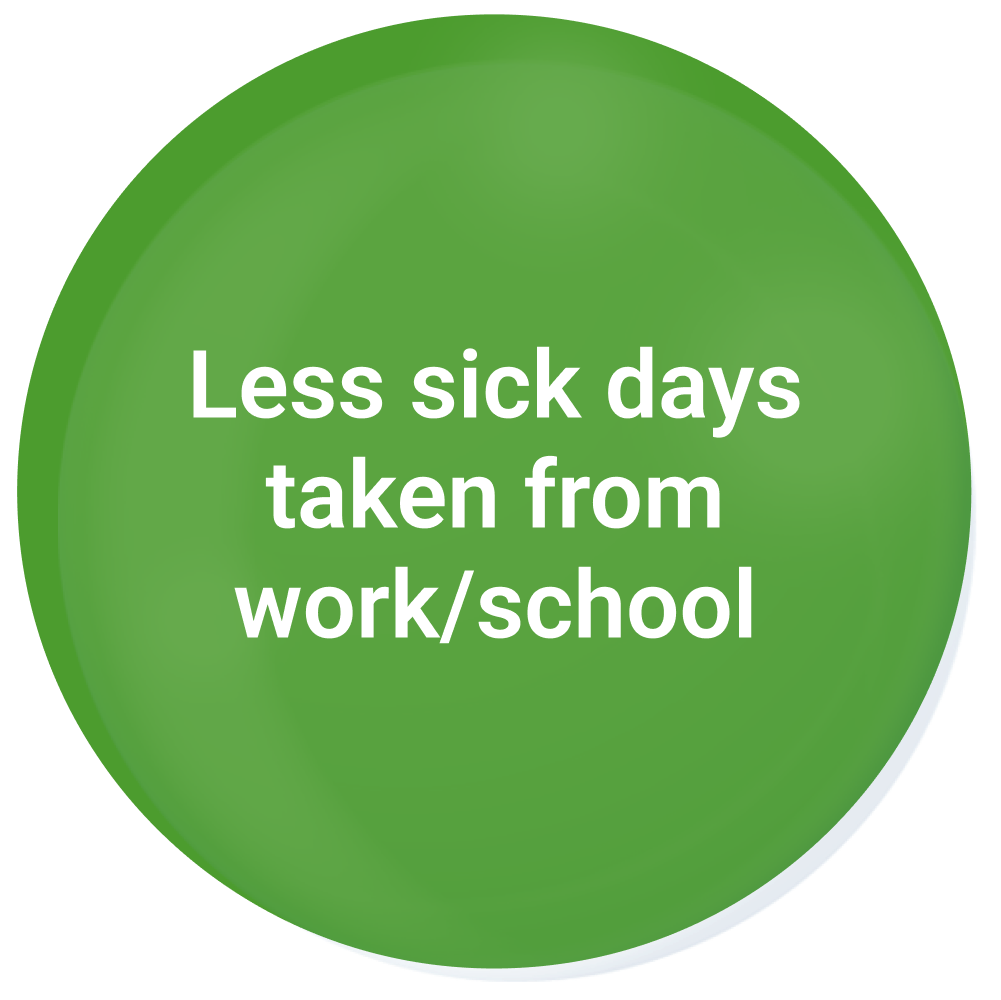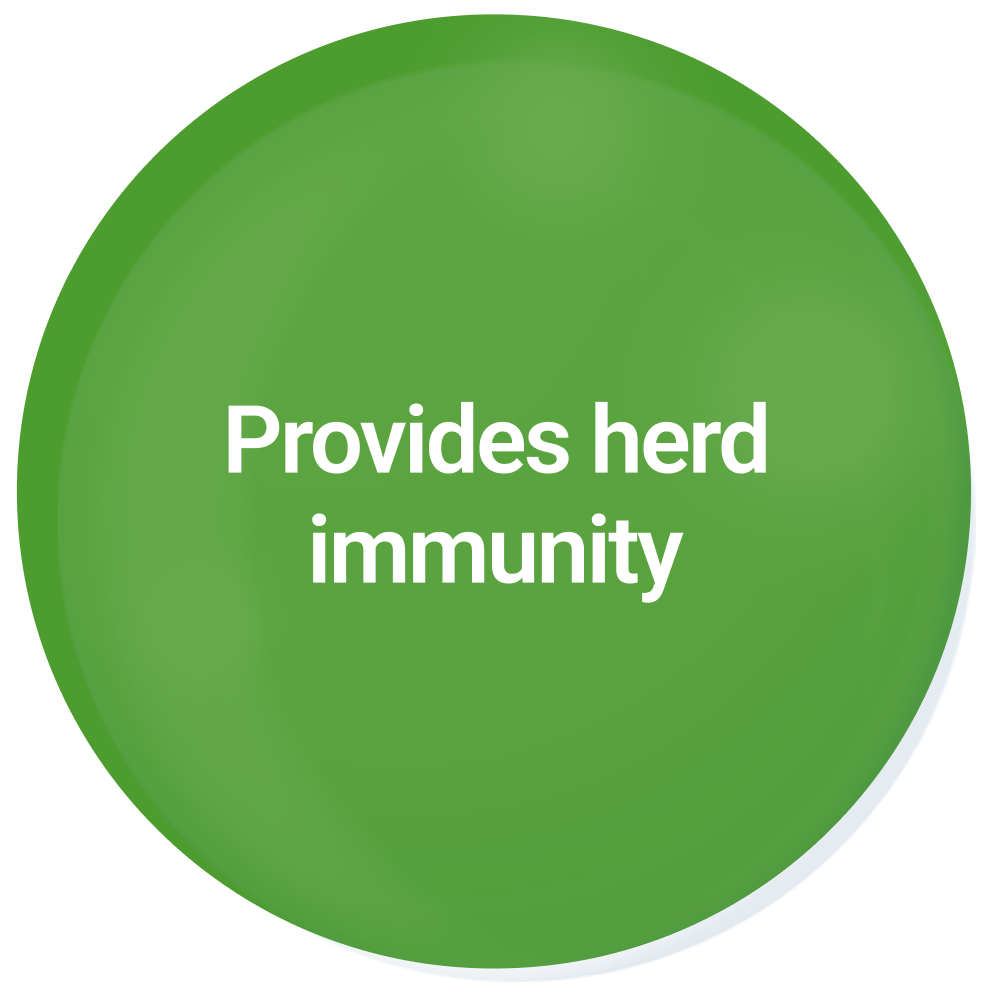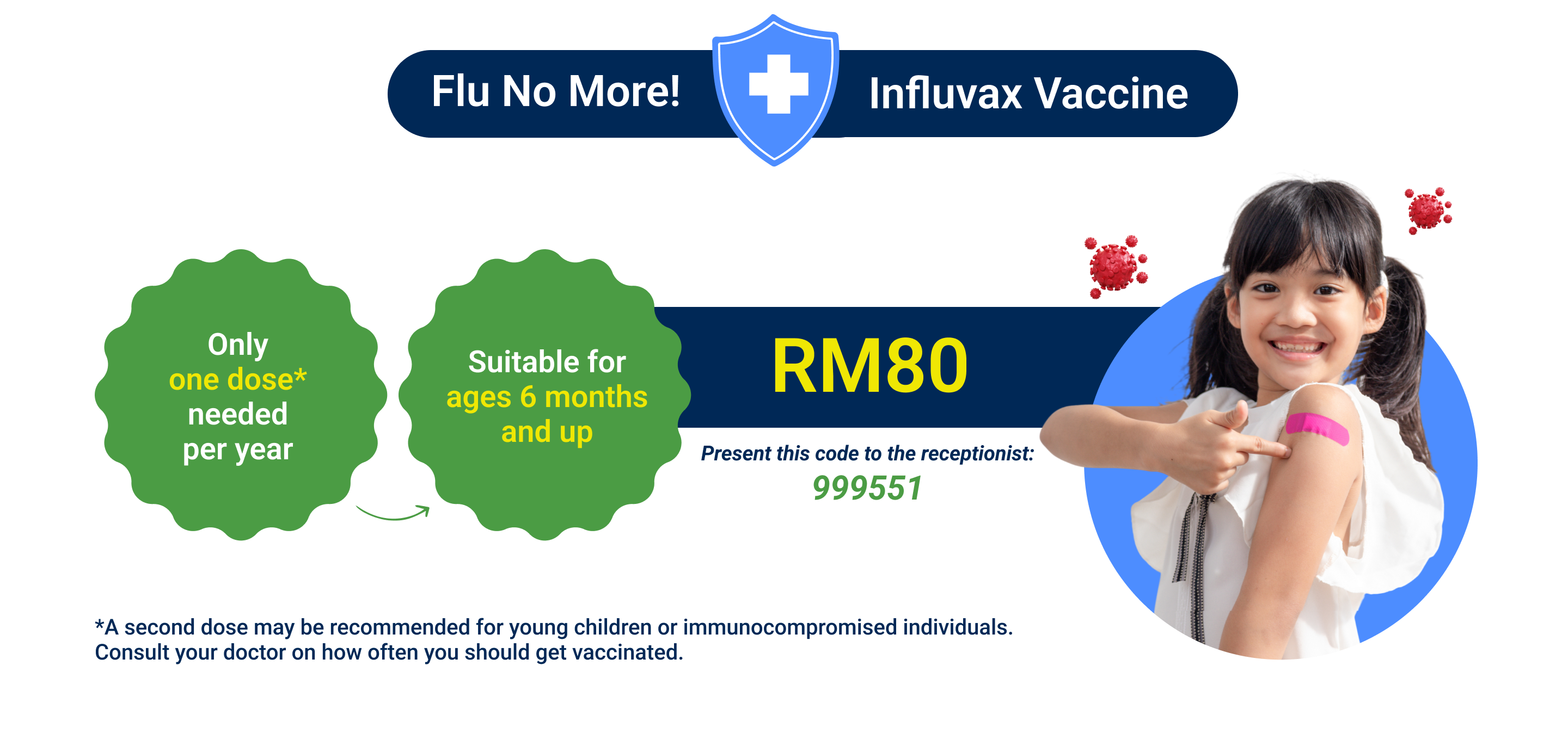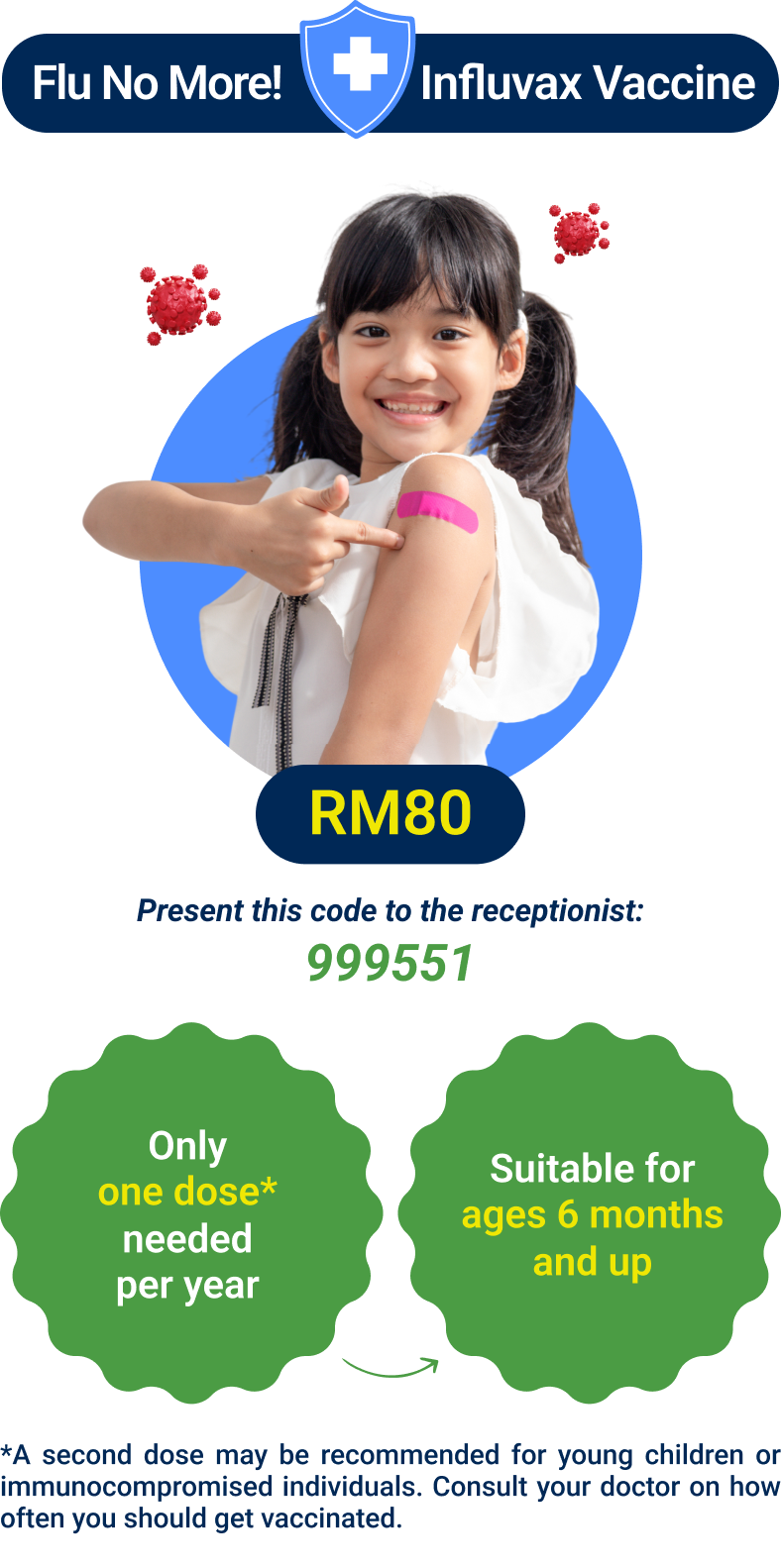| Clinic Name | Phone No |
|---|
- Kumpulan Medic, Lot Mz.05, Mzn Flr, Bgn KWSP, Jln Raja Laut
| 03-2692 1952 |
- Catterall, Khoo & Raja Malek, Suite G.1B GF Wisma FGV, Jalan Raja Laut
| 03-2693 7670 |
- Kumpulan Medic, Grd Flr, Bgn Ghee Hong, 47 Jln Ampang
| 03-2078 1532 |
- Catterall, Khoo & Raja Malek, Lobby Flr, Bgn Ming, Jln Bukit Nanas
| 03-2078 3200 |
- Reddy Clinic, 121 Jln Ipoh (24 Hrs)
| 03-4041 2611 |
- Klinik Zarif, Lot No.1, LG One, Menara Telekom Jalan Pantai Baharu
| 03-2241 1323 |
- Klinik Ng dan Lee, 462-464 Jln Pudu (24 Hrs)
| 03-9222 0751 |
- Kumpulan Medic, 5th Floor, Wisma Boustead, 71 Jalan Raja Chulan
| 03-2022 4141 |
- Catterall, Khoo & Raja Malek, Lot 6B, Lot 2, GE Mall, 303 Jln Ampang
| 03-4253 5949 |
- Klinik Ng dan Lee, 377, 4th Mile, Jln Ampang
| 03-4256 0764 |
- Klinik Ng dan Lee, 265 Jln Mahkota, Tmn Maluri, Cheras
| 03-9285 2820 |
- Catterall, Khoo & Raja Malek, Suite 3-A, Level 3A, Menara CIMB, Jln Stesen Sentral 2
| 03-2276 6622 |
- Catterall, Khoo & Raja Malek, Suite 3B-3-6, Block 3B, Plaza Sentral
| 03-2273 0244 |
- Klinik Sharani, No 20 Jalan Bangsar Utama, 1 Bangsar Utama
| 03-22873103 |
- Poliklinik Central & Surgeri, 20 Jln Suria Setapak, Batu 4 ½, Gombak
| 03-4023 4390 |
- Klinik Ng dan Lee, No 25, Jln Metro Perdana Barat 1, Tmn Usahawan, Kepong
| 03-6257 1436 |
- Poliklinik Kumpulan City, Seri Petaling, 26 G Jln Radin Anum, Bdr Baru Seri Petaling (24 Hrs)
| 03-9054 9662 |
- Clinic @ Bangsar Lot G116, Ground Floor, Bangsar Shopping Centre 258 Jln Maarof
| 03-2011 4336 |


